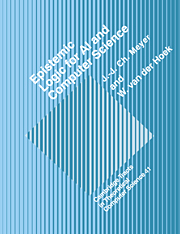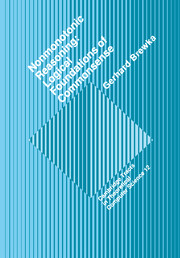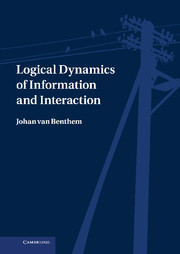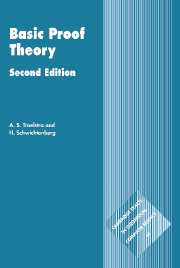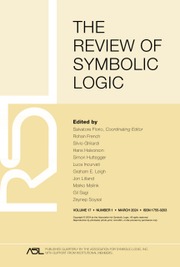Epistemic Logic for AI and Computer Science
Epistemic logic has grown from its philosophical beginnings to find diverse applications in computer science as a means of reasoning about the knowledge and belief of agents. This book, based on courses taught at universities and summer schools, provides a broad introduction to the subject; many exercises are included together with their solutions. The authors begin by presenting the necessary apparatus from mathematics and logic, including Kripke semantics and the well-known modal logics K, T, S4 and S5. Then they turn to applications in the contexts of distributed systems and artificial intelligence: topics that are addressed include the notions of common knowledge, distributed knowledge, explicit and implicit belief, the interplays between knowledge and time, and knowledge and action, as well as a graded (or numerical) variant of the epistemic operators. The problem of logical omniscience is also discussed extensively. Halpern and Moses' theory of honest formulae is covered, and a digression is made into the realm of non-monotonic reasoning and preferential entailment. Moore's autoepistemic logic is discussed, together with Levesque's related logic of 'all I know'. Furthermore, it is shown how one can base default and counterfactual reasoning on epistemic logic.
- Self-contained course-text
- First book at this level
- Covers both computer science and AI issues
Reviews & endorsements
'Epistemic logic has grown from its philosophical beginnings to find diverse applications in computer science as a means of reasoning about the knowledge and belief of agents. This book, based on courses taught at universities and summer schools, provides a broad introduction to the subject.' Phinews
' … a very detailed coverage … that is well written, well reasoned, and a useful reference to have on the shelf.' R. J. Bradford, Axis
Product details
June 2004Paperback
9780521602808
372 pages
245 × 189 × 22 mm
0.66kg
140 exercises
Available
Table of Contents
- Preface
- 1. Introduction
- 2. Basics: the modal approach to knowledge
- 3. Various notions of knowledge and belief
- 4. Knowledge and ignorance
- 5. Default reasoning by epistemic logic
- References
- Appendices
- Answers to exercises
- Index.

